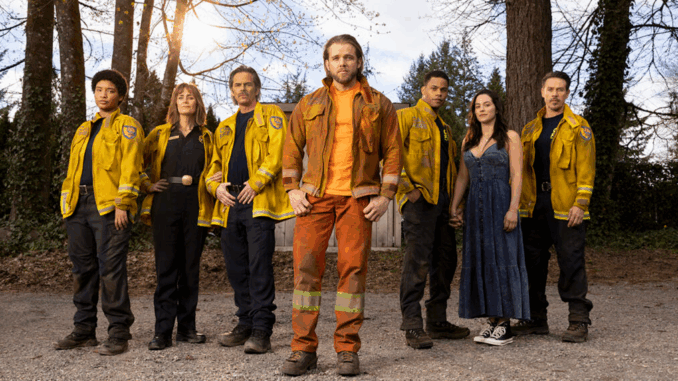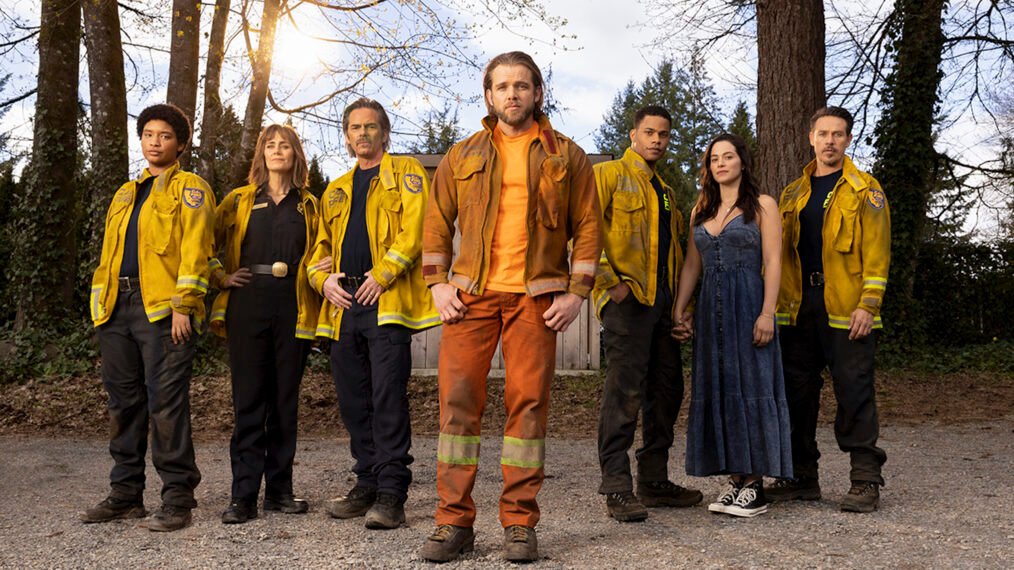
At its core, Fire Country isn’t just a show about firefighting — it’s a story about redemption, forgiveness, and the belief that no one is beyond saving. Through the struggles of Bode Donovan and the people around him, the series reminds us that sometimes the hardest fires to fight aren’t the ones we see, but the ones burning inside our own hearts.
Bode’s journey begins with failure — a man burdened by guilt and regret, given an unexpected second chance through California’s inmate firefighter program. Every mission, every rescue, every scar he earns becomes part of his path toward redemption. But what makes his story powerful is that forgiveness doesn’t come easily. It’s not handed to him by others — he has to learn how to forgive himself.
The people around Bode reflect different sides of that struggle. His parents, Sharon and Vince, battle between pride and disappointment. His friends, like Jake and Eve, wrestle with trust and betrayal. And Gabriela, who sees the good in him, represents the belief that love and forgiveness can coexist — even when the past feels too heavy to bear.
Fire Country shows us that second chances don’t erase mistakes; they give us the courage to face them. Forgiveness isn’t weakness — it’s the strength to rebuild, even when everything feels lost. Through the smoke and chaos, the series teaches us that change is possible, that growth takes time, and that people can rise from their own ashes.
Every time Bode steps into the flames, he’s not just fighting a wildfire — he’s fighting for the right to start over. And in that fight, we see ourselves: flawed, imperfect, but still deserving of another chance.
Because in the end, Fire Country isn’t just about survival. It’s about hope — the kind that burns quietly, persistently, in the hearts of those who refuse to give up on themselves or on others.

